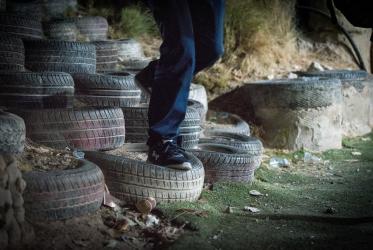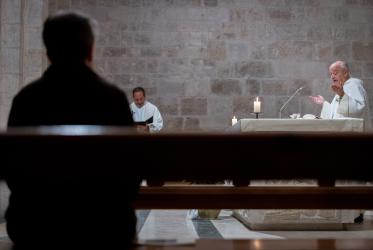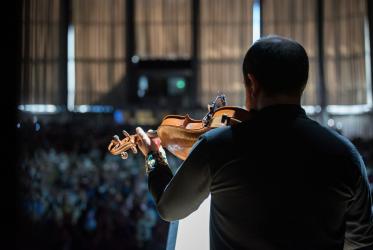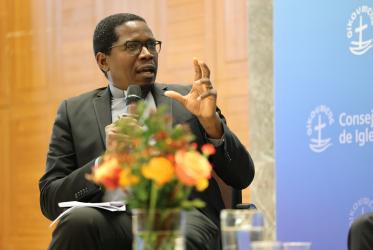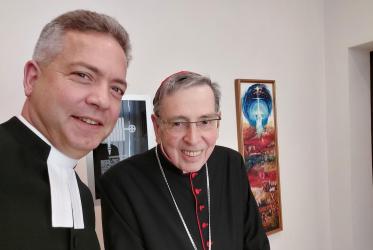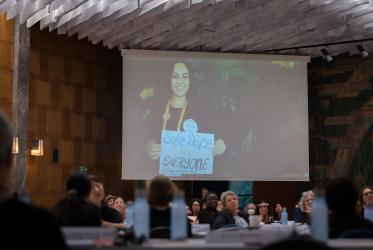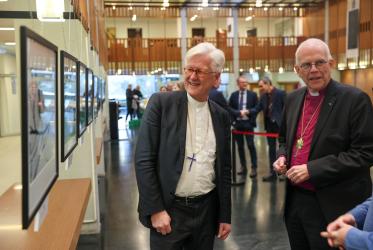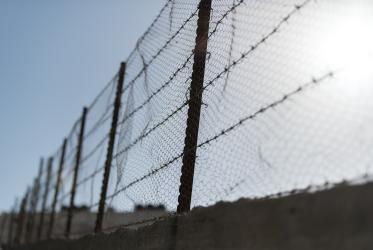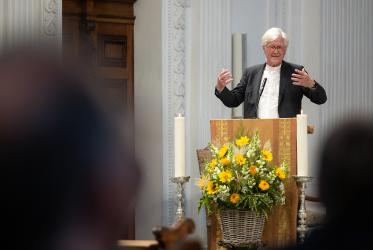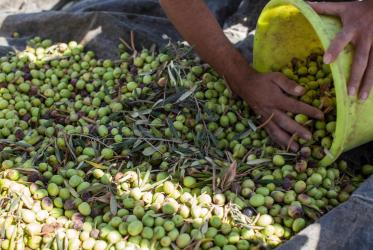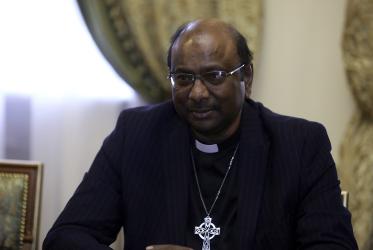Displaying 1 - 20 of 229
Words of steadfastness ring from the rubble
21 March 2024
“Circle of Prayer” reverberates out from Dover—to the world
21 February 2024
Swedish Mission Council hears WCC reflections on faith in democracy
07 February 2024
A week of true Christian unity
25 January 2024
Women and children in Gaza bearing brunt of ongoing war
16 January 2024
“Every Picture Tells A Story” photo exhibit opens
30 November 2023
Violence against Palestinians is rising in the West Bank
16 November 2023
WCC moderator calls for a “reformation of hope” based on love
10 October 2023
In Armenia, WCC general secretary speaks for justice
22 September 2023

